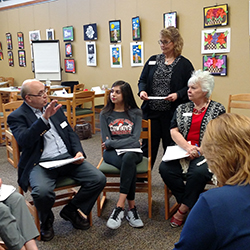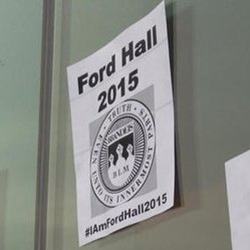By Carrie B. Kisker, John J. Theis, Alberto R. Olivas
Abstract

The community college is widely viewed as an institution of democracy. Policymakers value it as a low-cost way to educate and train the nation’s least prepared and less well-off, and students view it as a good way—for many, the only way—to educate themselves and transcend the social class into which they were born. Yet acting as an institution or an agent of democracy is not the same thing as educating for democracy, which means engaging students in both an understanding of civic institutions and the practical experience of acting in a public arena. Educating for democracy is an active notion; it implies intention, commitment to an ideal. Whereas democratizing education is a function community colleges perform, educating for democracy is a choice, one that must be renewed and refined with each successive cohort of students, administrative change, and budget cycle. In this essay we explore several key questions related to community colleges and educating for democracy. In particular: How do community colleges and their constituents understand the notion of educating for democracy, and why is it important to the colleges’ democratic mission? What challenges do community colleges face in educating for democracy? And finally: How do deliberative practices fit within community college efforts to educate for democracy? We contend that deliberation is a critical approach to educating for democracy, and represents a way to redirect civic initiatives away from a focus on the problems in democracy to the problems of democracy.


